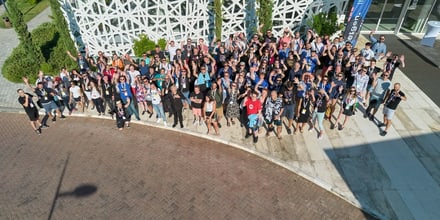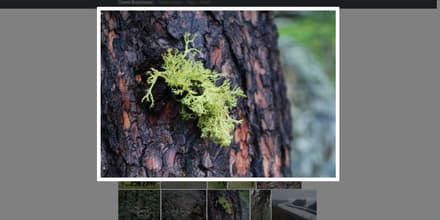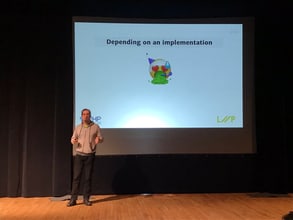PSR-18: Abstracting HTTP clients in PHP
20.5.2022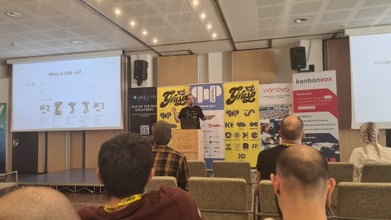
Conference: PHPDay Italy 2022, Verona
Title: PSR-18: Abstracting HTTP clients in PHP
Links: slides
PSR-18 defines how to send PSR-7 requests without binding your code to a specific client implementation. Major HTTP clients like Guzzle and the Symfony HTTP client support PSR-18. This is particularly interesting for reusable libraries that need to send HTTP requests but don't care about specific client implementations.
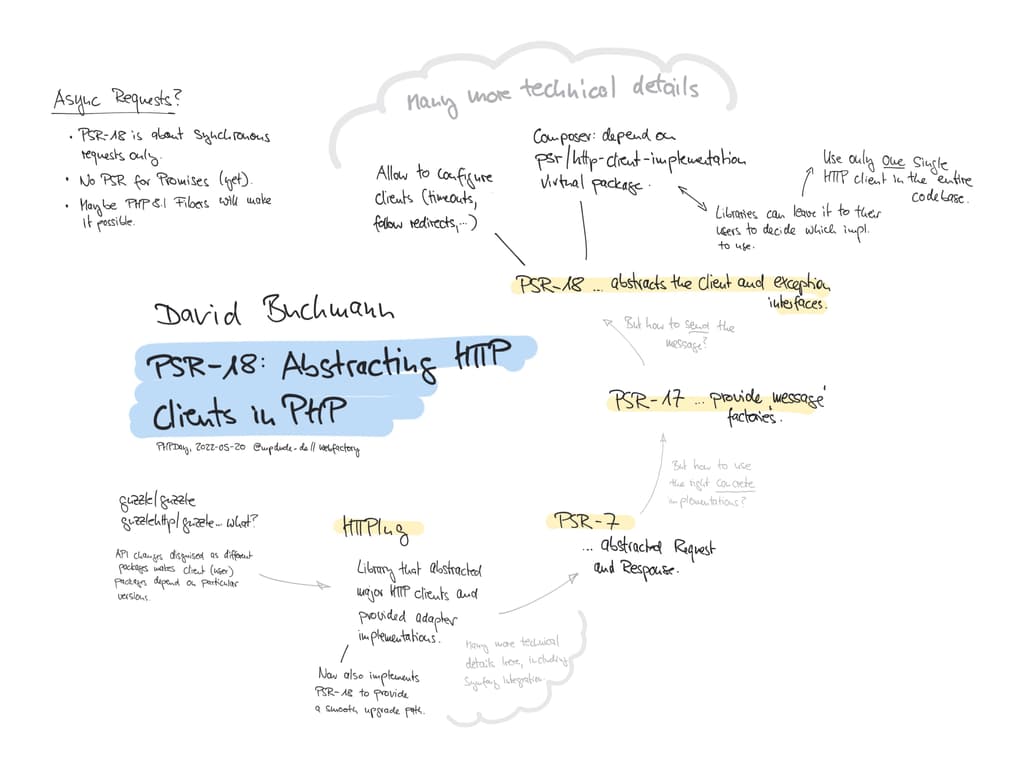
TLDR: Summary by Matthias Pigulla (@mpdude_de)

